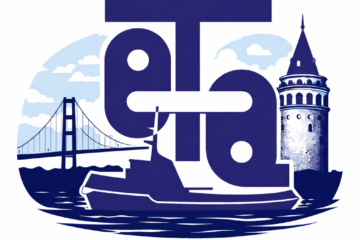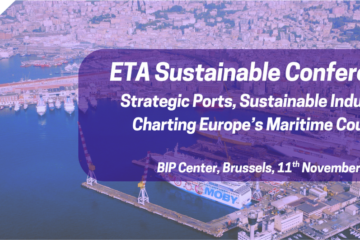Estonia replaced Malta at the helm of the EU Council. Being an insular nation and a shipping power, Malta gave great relevance to maritime policy during its 6 months Presidency. Estonia, for its part, as the most digital friendly EU Member State wants to use its Presidency as an opportunity to foster the transformative effects of digitalisation on society.
Digitalisation is one of the horizontal priorities for the Estonian Presidency, and thus, it will work to reach a set of Conclusions to “bring about further efficiency and administrative simplification within and between the transport modes”. This Council work should be complemented with the presentation of the Reporting Formalities Directive revision proposal at the end of the year. Moreover, the Estonian Presidency will steer the debates on the revision of the Port Reception Facilities Directive with an aim to achieve maximum progress.
The Estonian Presidency also wishes to play an important part in facilitating the debate on the IMO´s roadmap to address shipping emissions. The Presidency goal is to “make good progress towards a proportional, yet ambitious global agreement”. Furthermore, on this matter, the Presidency will carry on with the trilogue negotiations with the EU Parliament and the Commission concerning the EU Emissions Trading System which could include shipping emissions in this taxation scheme by 2023 if the IMO fails to set up a global strategy. Finally, the Presidency´s agenda also foresees a debate on the results of the mid-term review of the Connecting Europe Facility and starting the discussions on the future financing framework for the TEN networks.
You can read the EU Council Presidency Programme on Transport policy here.



0 Comments